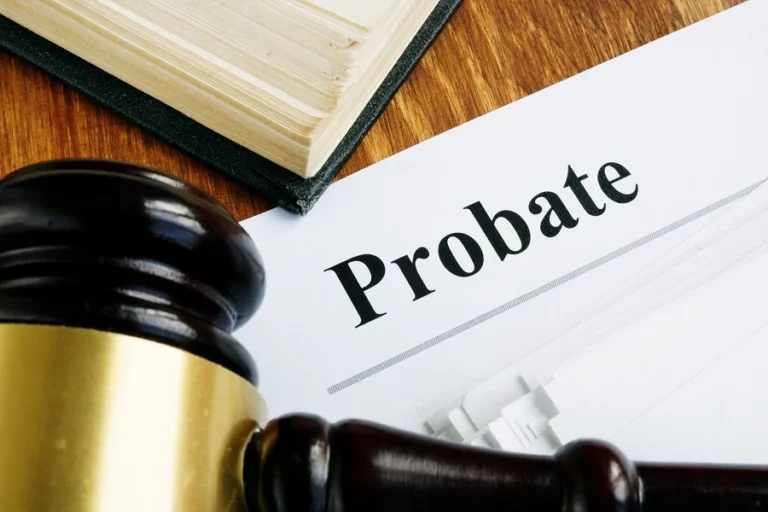Finding the right lawyer is crucial when facing a legal challenge. Whether you’re dealing with a personal injury claim, going through a divorce, or facing criminal charges, the lawyer you choose can have a significant impact on the outcome of your case. Selecting the right legal representation can seem like a daunting task, but with the right approach, you can make an informed decision that gives you the best chance for success.
In this blog, we will walk you through important steps to take when choosing the right lawyer for your case. By understanding what to look for and asking the right questions, you can find a lawyer who is well-suited to handle your specific legal needs.
1. Identify Your Legal Needs
The first step in choosing the right lawyer is understanding the type of legal issue you’re dealing with. Different areas of law require specialized knowledge and expertise. Lawyers often focus on a specific area of law, such as:
- Personal injury law: If you have been injured in an accident or due to someone’s negligence, you’ll want a lawyer experienced in personal injury cases.
- Criminal law: If you’re facing criminal charges, a criminal defense attorney with experience in your specific type of case is essential.
- Family law: Divorce, child custody, and other family-related issues require a lawyer who specializes in family law.
- Estate planning or wills and trusts: These areas of law require someone who specializes in helping you plan your estate, protect assets, and create a will or trust.
- Business or employment law: If your case involves a business dispute or employment issue, it’s important to find a lawyer who is experienced in corporate or employment law.
Identifying the area of law in which you need help is the first step in narrowing down the field of potential lawyers. A lawyer with the right expertise will be more effective in guiding you through the legal process and securing the best possible outcome for your case.
2. Check Their Experience and Expertise
Once you’ve determined your legal needs, it’s time to look at the lawyer’s experience. A lawyer’s experience can significantly impact how they approach your case and the results they achieve.
- Years of practice: While newer lawyers may be talented, a lawyer with years of experience in the specific area of law that relates to your case is often more equipped to handle the complexities that arise.
- Track record: Consider the lawyer’s history with cases similar to yours. Have they won cases in your area of need? Do they have experience handling cases in your jurisdiction? Ask for examples of cases they’ve worked on and what the outcomes were.
- Specialization: Many lawyers have certifications or memberships in specific legal associations related to their field of expertise. For example, a lawyer specializing in personal injury might be a member of the American Association for Justice (AAJ). This shows a commitment to staying up-to-date with changes in the law and honing their skills.
A lawyer who has experience handling cases like yours will be better equipped to navigate the complexities of your situation and provide tailored advice.
3. Read Client Reviews and Testimonials
One of the best ways to evaluate a lawyer is by hearing from their previous clients. Reading online reviews, testimonials, and case results can give you a clearer picture of how the lawyer operates, their level of professionalism, and the results they have achieved for past clients.
- Online reviews: Websites like Google, Yelp, or legal-specific platforms like Avvo provide client reviews and ratings that can give you insight into the lawyer’s reputation.
- Client testimonials: Many law firms feature client testimonials on their websites, which can give you a sense of how they approach client relationships and the success they’ve had with cases like yours.
- Word of mouth: Personal referrals from friends, family, or colleagues can be invaluable when choosing a lawyer. If someone you trust has had a positive experience with a lawyer, it can give you confidence in their abilities.
Client feedback provides a more personal, firsthand look at a lawyer’s approach and how they treat their clients, which is critical when choosing the right fit.
4. Assess Communication and Availability
Effective communication is one of the most important qualities to look for in a lawyer. Throughout your case, you will need clear explanations of the legal process, as well as timely updates on the status of your case.
- Responsiveness: Pay attention to how quickly the lawyer responds to your initial inquiries. If a lawyer takes days to return a phone call or email, this could be a sign that they will be difficult to reach during your case.
- Accessibility: Make sure the lawyer has the time to dedicate to your case. If they are handling too many cases at once, they may not be able to give your case the attention it deserves. During your initial consultation, ask about their caseload and their ability to meet deadlines and schedule meetings.
- Communication style: Consider whether the lawyer is approachable and easy to talk to. You want a lawyer who listens carefully to your concerns, explains legal terms in a way that’s easy to understand, and makes you feel comfortable discussing the details of your case.
Good communication is vital to a successful attorney-client relationship, so take note of how the lawyer communicates with you from the very beginning.
5. Discuss Fees and Payment Structure
Legal services can be expensive, so it’s essential to understand the lawyer’s fee structure before hiring them. There are different ways lawyers charge for their services, including:
- Hourly fees: Some lawyers charge by the hour for their services. Make sure you understand their hourly rate and estimate how much time they expect to spend on your case.
- Flat fees: For certain types of cases, such as uncontested divorce or will preparation, a lawyer may charge a flat fee.
- Contingency fees: In personal injury cases, some lawyers work on a contingency fee basis, meaning they only get paid if you win your case. The lawyer will take a percentage of the settlement or award, typically between 25% and 40%.
Make sure to discuss fees upfront and clarify any potential additional costs. An ethical lawyer will be transparent about their fees and give you a clear understanding of what to expect.
6. Schedule a Consultation
Most lawyers offer free initial consultations, which gives you the opportunity to assess whether they are the right fit for your case. During the consultation:
- Ask about their experience and track record with cases similar to yours.
- Inquire about their approach to handling your case and what the next steps would be.
- Discuss fees, payment structures, and how often you can expect updates on your case.
A face-to-face or virtual meeting is a great opportunity to gauge how comfortable you feel with the lawyer and whether you believe they have the expertise and communication skills necessary for your case.
Conclusion
Choosing the right lawyer for your case is essential to achieving the best possible outcome. By identifying your legal needs, checking their experience and track record, reading client reviews, assessing communication and availability, discussing fees, and scheduling a consultation, you can make an informed decision that will benefit you throughout the legal process.
At family law attorney anchorage, we specialize in providing expert legal services tailored to your specific needs. Contact us today to schedule your consultation and take the first step toward resolving your legal issue with confidence.










